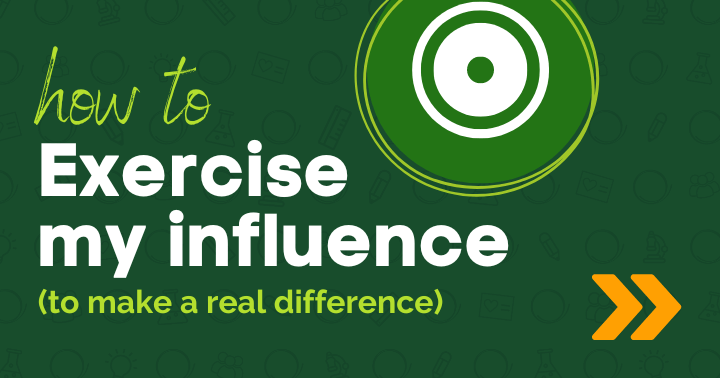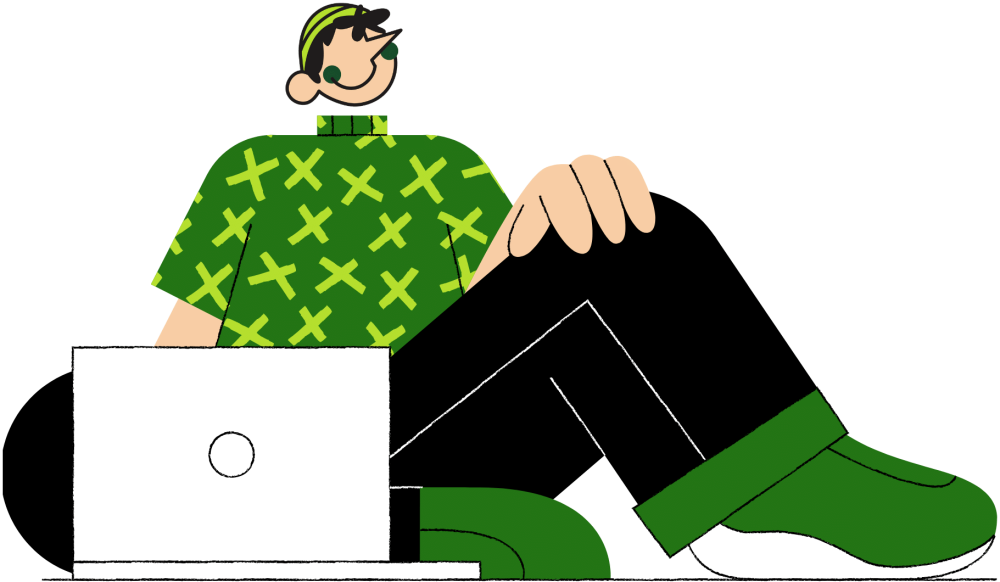White people on the journey to end racism struggle to talk about leadership, myself included. And for good reason. All we have to do is look at the landscape of who most often is amplified as a leader to see racist patterns at work. In my experience, white people are over-resourced and under-developed, which means that white people often hold leadership positions that we are ill-equipped for. So if you are white, hold a position of leadership in your family, work, or community, and are committed to racial equity – this is for you because it’s time to level up. Let’s go.
Before we dive in, I want to acknowledge the Cowlitz, Columbia, Grand Ronde, and Siletz Indians as the stewards of the area where I live and thank them for their leadership. I also want to acknowledge the people who have cultivated me. I would not be who I am today without my families – by birth and by love – and the wisdom and leadership of Jomo Greenidge, who transitioned to ancestor in December 2020, as well as a whole community of people who have challenged, strengthened, guided, invited, and loved me to more wholeness. I honor you all.
When working with white people in leadership positions, we often have to talk about our working definitions of a “leader.” In one recent conversation with Elliot, after thinking about it for several minutes and scratching away intensely on a piece of paper, their definition was an entire paragraph long. As we tried to distill it down, Elliot came face to face with their pain. They admitted that most of what they’d written resulted from how leaders in their life had hurt them. We talked about that pain for a while, and when they had been able to let out some of it, I asked them to try again, and the first thing that came out was:
A leader is anyone excited about an idea who works to bring it to reality.
When they said it, I got chills.
Similarly, an adjacent definition I love comes from Forbes:
Leadership is a process of social influence that maximizes the efforts of others toward the achievement of a goal.
There are potent truths here if we are willing to notice them.
These definitions are simple enough for anyone to understand without collapsing complexity.
And they are broad enough to help remind us that everyone is a leader.
If that last line trips you up, consider a baby. What happens when they shout, cry, fall, or need something? Siblings, caregivers, peers, teachers, and neighbors will move heaven and earth to tend to their needs, ideas, and hurts.
✔ Process of social influence
✔ Maximize the efforts of others
✔ Towards the achievement of a goal
If babies have the capacity to lead those around them, then maybe we can accept that everyone is born a leader, and it’s not our fault if we got stripped of our ability to see ourselves as the leader we – and everyone around us – is, especially those targeted by oppression.
In my experience, I’ve most often come across four types of white leaders:
- Briar is anyone stuck in life-destroying patterns.
- Timber is anyone who says they are committed to liberation yet is lost in a forest of old leadership models filled with life-destroying patterns.
- Cove is committed to racial equity and interprets that to mean they must play small and refuse or deny any leadership role.
- Ocean is committed to racial equity and seeks ways of leading that strengthen relationships and loosen dominating patterns in themselves and white people around them. They acknowledge and cultivate leadership in everyone, especially those whose leadership is systemically undermined.
White people who’ve embraced the idea that they have a role in ending racism are people who are willing to learn how to navigate the ocean.
Let’s pause here and talk about privilege.
Nanci Luna Jiménez says that white people must give up the idea of “privilege” because it reinforces what we are trying to stop. Instead, she breaks down the concept into three parts:
- Human rights – something white people shouldn’t seek to give up but rather fight for everyone to have
- Systematic obliviousness – something white people can overcome by cultivating reflection, curiosity, humility, and willingness
- Entitlements – something white people are given, which are not deserved, and must be refused because they erode our humanity
This has been a very helpful reframe for me as I seek to navigate the ocean as a leader seeking to end racism.
Further, those who travel the seas offer some essential cues.
Identify a north star.
Where are you going? Is your vision audacious or timid? Does everything about your life show evidence of the direction your ship is headed? Can you communicate your north star to 2nd graders and experts alike? Do you regularly invite people around you to challenge, strengthen, or exit the boat as they need?
Calibrate your tools.
Is your thinking, decision making, communicating, and coordination aligned with your north star? How often do you re-think and calibrate your tools? Do you know what’s working and not working? What data do you collect to measure what matters? What do you need that you don’t have? What can you do without?
Cultivate a crew
Who do you have natural influence with (hint: this is closer to home than we like to think)? Who do you avoid when talking about race and what’s that about? How do you know if you have an accurate view of the people around you? In what ways have you misinterpreted them? Are you tender toward people and their problems? What is your positional relationship to the problem you are seeking to solve? Can those you spend the most time with each week articulate your north star as readily as you can?
Simply put, the direction, how you’ll get there, and who’s traveling with you are all essential parts of exercising your influence.
You might be a parent, a community organizer, the superintendent of a school district, a project lead for a tech firm, or hold any other role – and these concepts will apply to you because you were born to lead.
And once you believe that, you will believe it for everyone around you, and you’ll notice whose leadership is systemically undermined, and you will do something about that because we are better together.
Before I forget, there’s one last piece of wisdom from Elliott: when we give loving attention to the ways we’ve been hurt by leaders in the past, our present and future become less distorted.
Sidney Morgan often reminds me, “What doesn’t heal gets repeated.”
Which ideas do you have about leadership that show you to what needs healing?
Will you do me a favor?
Will you commit to healing? Our parents, teachers, caregivers, families, and community were our first leaders, and even though we all carry hurts from those relationships – they did the best they could, just like you and I are doing the best we can.
The choice to heal is a brave commitment to passing on less pain to those around us and the generations to come, and it’s the only person we have total influence with – ourselves.
What does this bring up for you?
While I’m never sure that the ways we are thinking about things are the best way, I promise you that I will keep trying to find pathways that help us become the people we’ve always wanted to be and co-create a world where all living beings can flourish. Until next time.
no one gets here alone, and I am no different
The brilliant beings who have contributed to these ideas are Jomo Greenidge; Fran Ullan; Sidney Morgan; lions, sled dogs, and geese - because they lead fearlessly while maintaining interdependence; A; Resmaa Menakem; Nichole Watson; Lael Petersen; those who navigate the ocean; leaders like Briar, Timber, Cove, and Ocean within the white community; and countless more.


